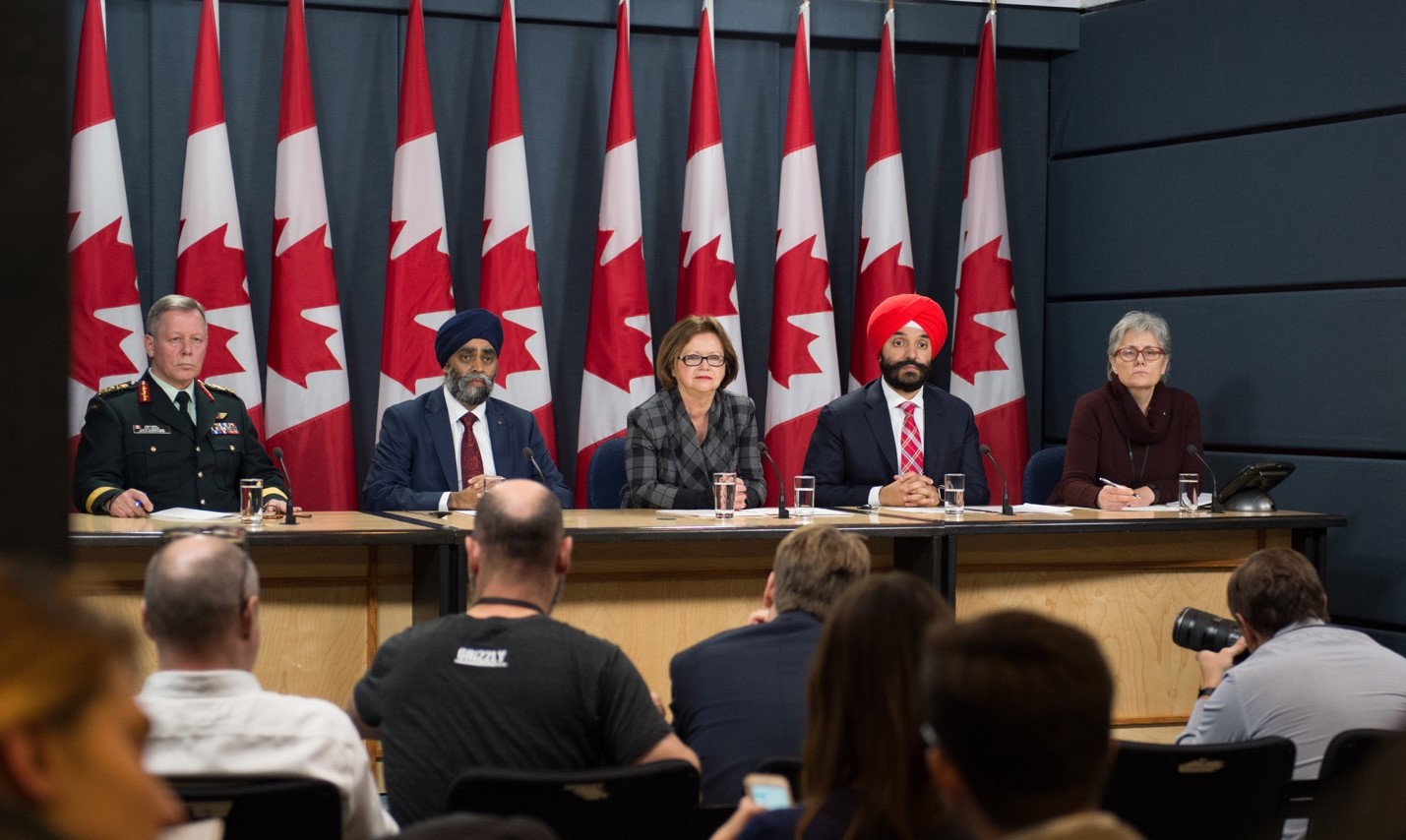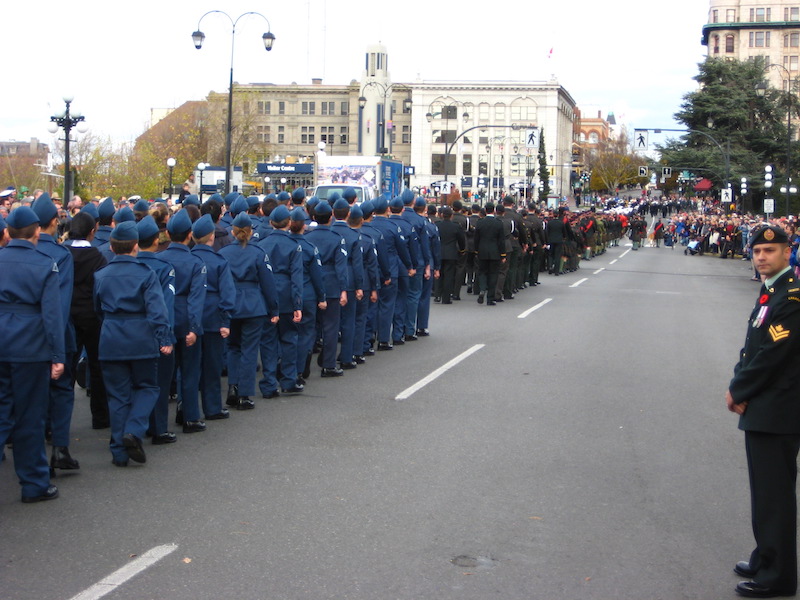In any budget, underspending can indicate fiscal restraint by the ‘spenders’. This is a natural and intentional feature of budgeting in the long term. Perpetual underspending, however, may indicate either a non-responsive budgetary process or some barrier that prevents spending. When it comes to the Canadian Federal Budget, most budget allocations are only approved for a single fiscal year, and as such, any amount of a department’s budget which remains unspent ‘lapses’ at the end of the fiscal year. The Office of the Parliamentary Budget Officer indicates that while the composition and magnitude of lapsed funds has varied over the past two decades, there has undoubtedly been a steady upward trend in the rate of lapsed funding. When it comes to the trend of lapsed funds in the Department of National Defence’s (DND) budget, scholars such as Kim Nossal have argued that Canada is not good at defence procurement for two main reasons.
First, three ministers are responsible for Canadian defence procurement; ‘the minister of national defence, the minister in charge of the industry portfolio (at present called innovation, science and economic development), and the minister of public services and procurement.’ With each playing a distinct role in the process, ministerial responsibility is spread among three individuals so no one is held entirely or solely accountable to the public. Also, given that any procurement initiative must pass through the bureaucratic process within each ministry, and approvals must be secured in each as well as from the Treasury Board Secretariat, the process takes longer than it would if it only had to pass through one ministry. This slower process, and the many desks involved, necessarily means that the overall initiative costs more. Kim Nossal also identifies that the root cause of this might be found, at least in part, in the ‘1990’s cutting madness and the ‘complexification and bureaucratization’ of the process as a whole, which was done in the name of accountability and transparency’.
A second problem centers on the politicization of the procurement process. This issue can be observed in the circumstances surrounding the procurement of the aircraft intended to replace the CH-124 Sea King helicopters and more recently with the replacement of the CF-18 Hornet fighters. Nossal claims that the replacement of the CF-18’s was plagued by partisan tactics such as having reports performed by both internal and external actors, varying the timelines of these reports, and informing the media of these results for political gain. Together, these actions contributed to the eventual scrapping of plans to procure both F-35’s and F/A-18E/F Super Hornets and the eventual purchase of yet more CF-18’s of the same era. This debacle resulted in the severely ballooned costs of the project, and merely allowed the RCAF to maintain its capability in the short term.
Attempts to streamline the procurement process have been made in the past, and failed, yet it is plain to see that in Strong, Secure, Engaged- Canada’s Defence Policy, and Prime Minister Trudeau’s mandate letter to Minister Qualtrough that the current Government seeks to ‘modernize procurement practices so that they are simpler, less administratively burdensome, deploy modern comptrollership, encourage greater competition, and include practices that support our economic policy goals, including innovation, as well as green and social procurement.’
Nossal’s prescription for fixing Canada’s defence procurement process involves the depoliticization of the process, which would serve to minimize the needless squandering of Canadian tax dollars. While this is perhaps a tall order in the broad sense, narrowing the focus to either securing bipartisan agreement with regards to tackling the structural problems associated with the process, or simply establishing guidelines that apply only to the replacement of the CF-18’s, could serve to depoliticize Canadian defence procurement in part. Establishing bipartisan agreement on a middle ground with regards to the timeline used to evaluate the lifetime costs and a final budget could achieve short term benefits to the process, at the very least.
Regarding the replacement of the CF-18’s, it is in the security and economic interests of every Canadian, and Canada as a whole, that they are replaced so as to maintain interoperability with its allies in pursuit of its NATO capability targets and alliance effectiveness. This cannot be done effectively without an efficient and less politicized procurement process. Without taking small steps towards this goal, current defence procurement projects have the potential to face similar ballooned costs and structural inefficiencies.
Photo: Chief of the Defence Staff, General Jonathan Vance, Defence Minister Harjit Sajjan, Minister of Public Services and Procurement, Judy Foote, Minister of Innovation and Science and Economic Development, Navdeep Bains announce the plan to replace the fighter jet fleet, in Ottawa, Ontario, November 22, 2016, by Cpl Mark Schombs, Canadian Forces Combat Camera. Licensed under IS16-2016-0004-034.
Disclaimer: Any views or opinions expressed in articles are solely those of the authors and do not necessarily represent the views of the NATO Association of Canada.




